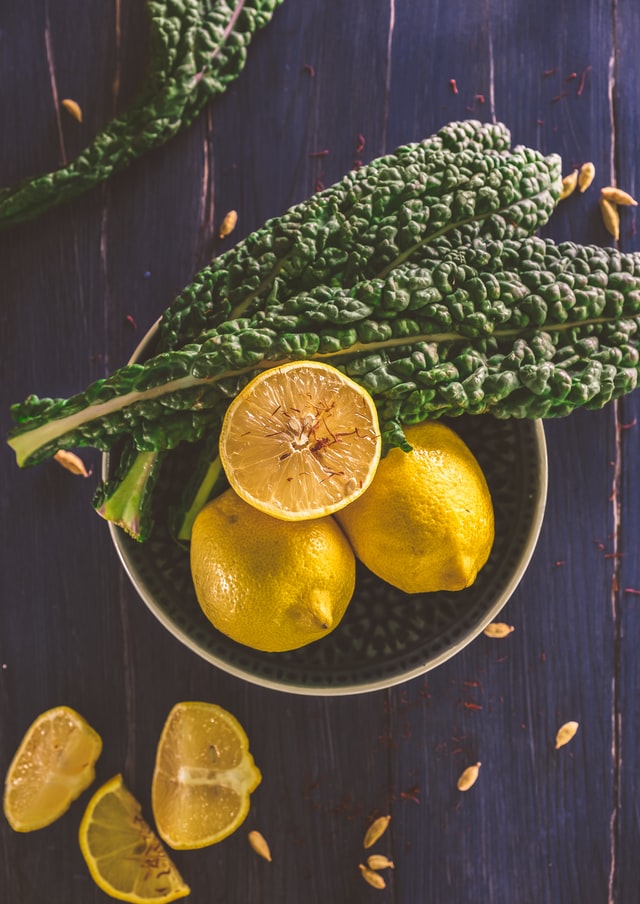Published: 28 Sep 2020 –
Vitamin C: the immune booster vitamin

Although vitamin C is perhaps the most commonly known vitamin, did you know that many people tend to have a deficiency in this important nutrient? Or that not all vitamin C supplementation is actually the same?
The truth is, without ample amounts in the body – all day long – our immune systems become compromised which then makes us more susceptible to catching cold and flu viruses. What’s more, a diet lacking vitamin C can also lead on to a range of other health issues.
Why is it good for immune system health?
Vitamin C has long been known as a key nutrient especially during the cold and flu season. This is because it contributes to a healthy immune defence and is depleted by viruses. Research has revealed that deficiency of this vitamin may actually increase the rates of infection.
When the body is supplied with adequate amounts, it encourages white blood cell production known as phagocytes and lymphocytes, which help to fight off infections. The antioxidant properties in vitamin C helps them to function while also protecting them from damage by harmful molecules, such as free radicals.
However, our bodies do not produce or store this essential water-soluble vitamin on their own; once ingested it only lasts a few hours. So, in order to boost the immune system, it’s important to ensure adequate amounts are replenished throughout the day.
Common signs of vitamin C deficiency:
* Wounds that are slow to heal
The low down on ascorbic acid:
Most vitamin C supplements on the market contain ascorbic acid. However this form is, in fact, synthetic and it is mainly derived from cornstarch. In order to convert it into ascorbic acid, it must be processed with heat, hydrochloric acid and acetone (commonly found in nail polish). While ascorbic acid is found in nature, it’s only in very small amounts. And is always a part of a complete complex of phytonutrients (‘phyto’ means plant) that synergistically come together to form natural vitamin C.
The body responds differently to ascorbic acid than to natural vitamin C. With some studies showing that the natural form is more bio-available, and therefore more easily absorbed. Additionally, in recent research, individuals who take high levels of ascorbic acid for over one year may experience symptoms such as an increase in atherosclerosis (hardening of the arteries).
Whole food vitamin C:
Whole food vitamin C supplements are far less processed, more active, and readily absorbed than the synthetic form. This is due to the myriad co-factors that are present. For example, rutin, quercetin, ellagic acid and anthocyanins are a few of the rich phytonutrients that are found in the peel, body and seeds of the whole food, all of which impart numerous benefits to the body and assist in vitamin C uptake.
Food sources of natural vitamin C:
